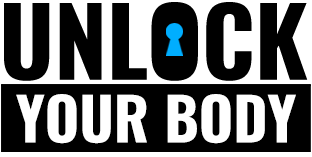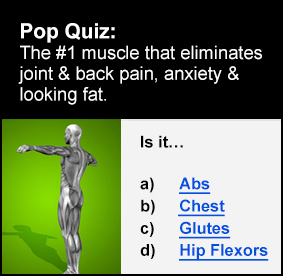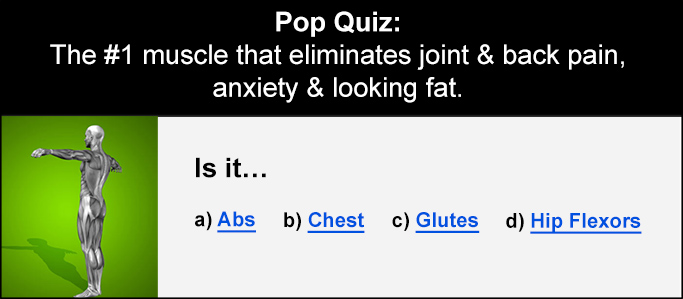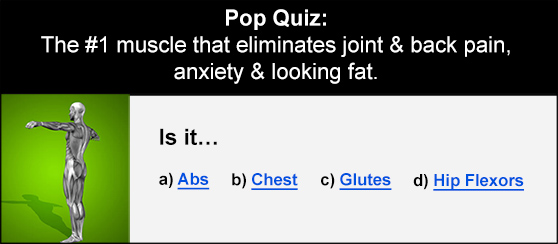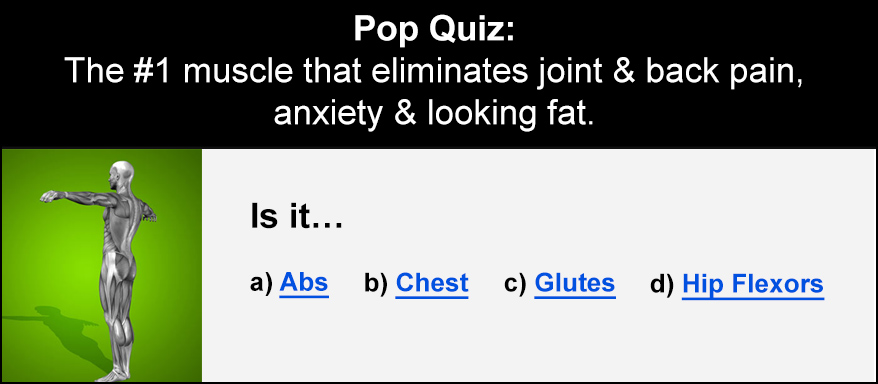
Reverse dieting is an eating plan, largely made popular by professional bodybuilders and competitive athletes. The principle of reverse dieting is to gradually, while closely tracking your macros, increase your caloric intake over a period of several weeks to even a couple months to boost your metabolism while still maintaining body composition. What does this mean? It means seeing how many calories, again while tracking macros, you can consume daily to determine your caloric threshold; how much you can consume while keeping healthy lean muscle and not adding excessive body fat.
So why? Well when you think of a bodybuilder for instance, they follow a very strict eating plan designed to increase their lean gains throughout their training, and as they get closer to “stage day,” shed body fat to get that sculpted and shredded look. Just consider for a moment not only the massive mental discipline required to stick to that, but also just how strict that kind of eating plan would have to be in those final weeks of competition prep. Now that will invariable be different among these athletes because, as with all disciplines, there are differing views and thoughts on how to do this best as well as just how well someone is responding and just how extreme or not they need to be.
The bottom line is that in a case such as this, your metabolism is going to adapt to they way you have been eating, particularly with respect to the amounts of carbohydrates, fats and proteins you have been consuming. If, in an effort to get very lean, you have drastically reduced your carbohydrate intake and kept it low for several months, what do you think is going to happen if suddenly you decide to go out for a big pasta dinner followed by a very generous piece of cake for dessert? Well instantly, other than probably feeling very bloated and overstuffed, not much. But if you continue to eat high amounts of carbs every day without paying attention to just how much . . . what do you think will happen? Your body is not going to respond favorably.
You cannot take something away and seriously restrict it, then jump back in with both feet, eyes shut and not expect unpleasant consequences. Your metabolism has adapted to a certain eating style and if you want to get back to something that is more normal and more balanced you need to to that in a way that allows your body to gradually adjust to avoid gaining extra weight quickly and possible digestive issues.
Reverse dieting essentially addresses this and it’s NOT just for bodybuilders and athletes. If you have been yo-yo dieting your whole life, gaining and losing and gaining again, no longer have control or any idea what to do to get your metabolism to a more balanced way of functioning, reverse dieting can help. You will still need to exercise mental discipline though. Reverse dieting is not a shortcut or an overnight solution. It is a process and it works if you work the process.

Reverse dieting typically, but not exclusively, involves slowly increasing calories somewhere between 50-100 calorie/ week above what you are currently consuming. Since protein consumption is calculated based on your bodyweight, protein consumption will stay the same. The changes in caloric intake will be from carbohydrates and fats and you have to track this in order to make changes, know when you can increase calories and know if you need to decrease.
How do you know when you’ve reached your caloric threshold? When you are at a point where you are able to maintain your desired body composition without adding excess body fat. With this gradual increase in calories you will be better able to monitor how your body is responding and it will SHOW YOU when you have reached your daily caloric maximum.
Is reverse dieting right for you? I can’t answer that. If you are a professional athlete who has been on a strict eating plan for a long time without any “diet breaks” and you are looking to get back to “normal life,” reverse dieting may work very well for you. If you are someone who struggles with food issues and body image issues I would recommend that your first course of action be to deal with those psychological hurdles first because no eating plan is not going to help you if you have an unhealthy relationship with food. If you have a lot of weight to lose and don’t know where to start, a reverse diet may be able to help you if you get the help of someone who understands this and can help you, as well as regular consistent exercise.
If reverse dieting is something that you believe can help you to regain healthy metabolic function, maintain a healthy body composition and encourage a healthy relationship with food then find an expert who understand this process inside and out to be certain you are getting the very best support and help along the way.

